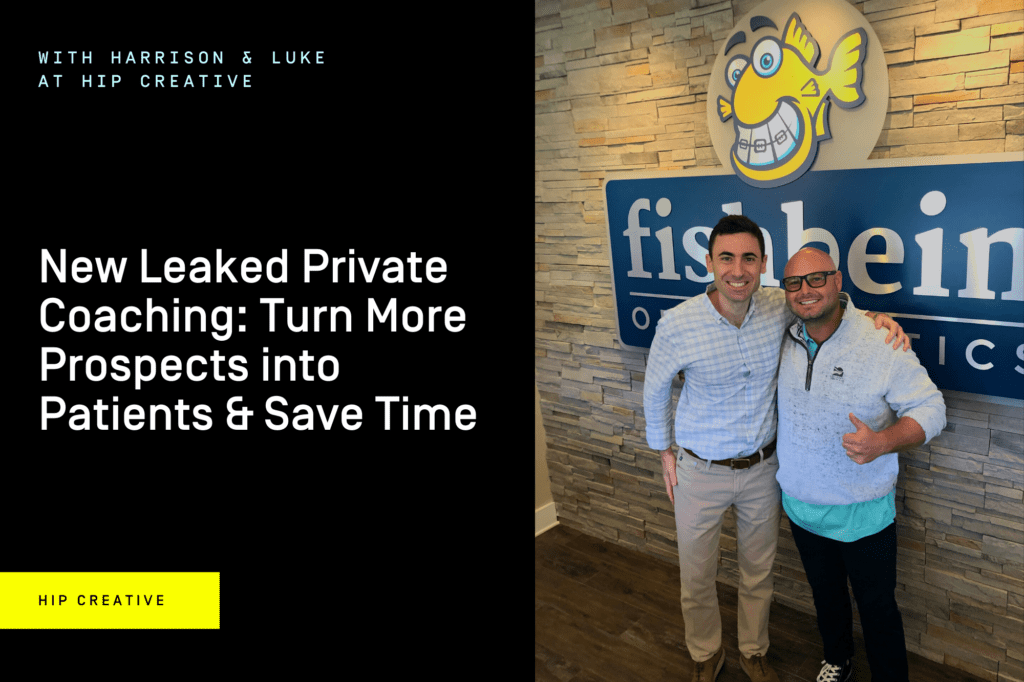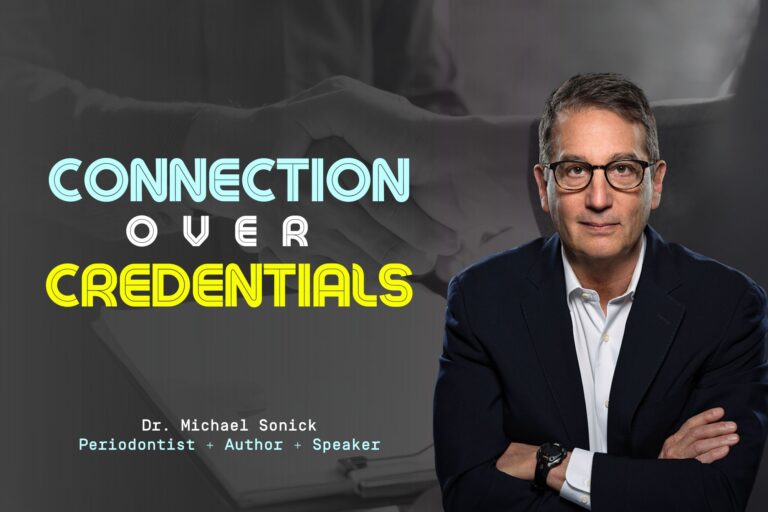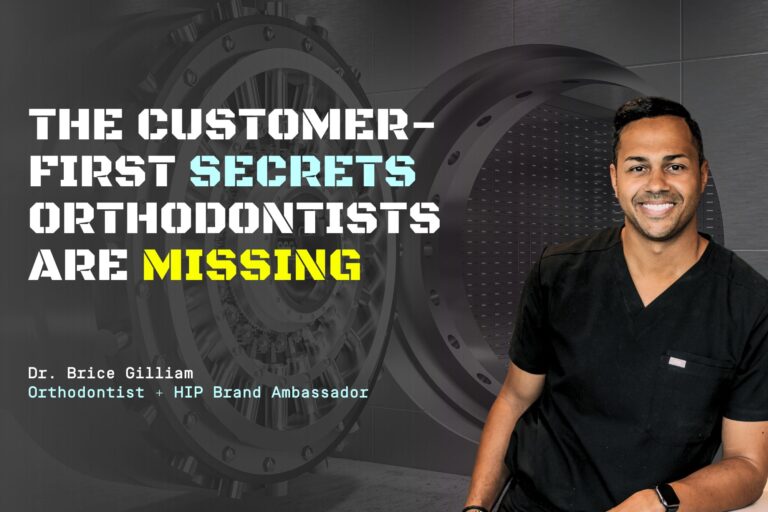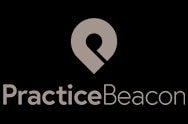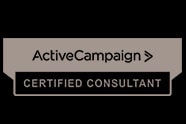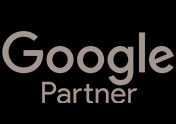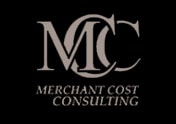Subscribe: RSS
Welcome to another episode of The GrowOrtho Podcast. Today’s episode features our very own Luke Infinger, Co-Founder and CEO, and Harrison Bagdan, Senior Practice Advisor, where they are joined by the Fishbein Orthodontics’ patient care center team (scheduling team). During the training, they discuss how to turn more prospects into patients and how to save time.
Here are some critical points for schedulers:
- Your mindset and philosophy are only 80% of the equation; the tactics are 20% when it comes to scheduling and converting digital leads.
- Own the role that you are in. Every role is important, and everyone has the most important role in the practice. You drive and dictate the growth of the practice.
- Leads are opportunities for starts. Based on data from a Harvard Business Review survey, if you don’t follow up with a digital lead within 5 minutes, the difference between contacting the patient within 5 minutes and 10 minutes decreases the odds of getting in touch with that patient again by 400%.
- Suppose you don’t follow up with a lead at least 6 times after the initial touchpoint, you decrease your chances of obtaining that lead by 70%.
- According to a Velocify survey, lead conversions are 391% higher if you call within a minute of an online inquiry. Even after 30 seconds as compared to 5 seconds of picking up the phone, the percentage decrease is 14%.
- About 92% of all customer interactions happen over the phone during the sales process.
- Only 44% of the leads that you generate for your clients will ever be called or followed up on more than once. Yet, 93% of conversions happen after the 6th touchpoint. After the 1st attempt, 44% fall off.
Here are some summary key points that Harrison and Luke discuss:
- What is sales? The root of the word “sales” is “sellar” which means to give. If you are coming from a place of service, integrity, and honesty, then selling something to somebody is the best thing that you can do for them if it is in their best interest or if it is something that they need.
- When you’re selling something to somebody, you are giving someone time, information, knowledge, value, perspective, wisdom, and most importantly empathy if you are coming from the right place.
- Boiled down, sales is meeting people where they are and helping them get to where they want to be.
- Influence is different than persuasion. Influence builds trust and focuses on wants vs. needs. Persuasion on the other hand is selling from the wrong place.
- Remember that everyone in this world has a fear of some sort that ranges in intensity and variety. Fear is normal, but you must show empathy in order to help people.
- The truth is that people take their time to reach out to orthodontic practices to request an appointment. The fact is that there is a reason they did that. The reality is that everyone in this world is guarded which is what makes converting digital leads to patients a difficult process. Guarded does not mean not interested; guarded just means that people are fearful. It is ok that people are guarded as it is up to you to give them empathy and wisdom to help them lower their guard.
- Most people will not answer your outbound calls with excitement. Some tools that you can use are soft language, connecting phrases, proper tone, and tempo. The use of softening words such as “might” and “convenient” as well as the use of connecting phrases such as “In order to” and ” So that you can” can help to alleviate a pushy sales interaction.
- People hate to be sold, but they love to buy; and they want to feel like they are the ones making the decision.
- The number 1 reason why people buy is time. Time is more valuable than money.
- Lastly, powerful things happen in the pause. Use it appropriately.
Turning prospects into patients does not have to be time-consuming. This episode is full of valuable information that can help orthodontics schedulers when implemented correctly.
